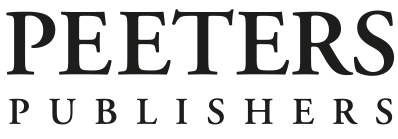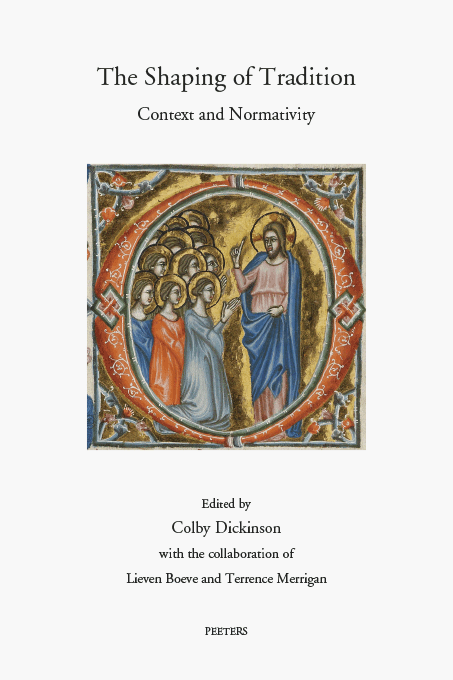

 0
EN
0
EN

Concerning the normativity of the Christian tradition, there remains much to be said in a theological context today. In the modern period, from the debates that (still) rage over the reception of the second Vatican council to the embeddedness of tradition in Orthodox positions, from firmly rooted national-ecclesial traditions to the challenges of various contextual and postmodern theologies, our understanding of tradition and its normativizing legacy continue to take center stage in our ongoing global theological conversations, though the exact stakes are often unclear and much in need of further examination. We are faced at present with an ever increasing rigor and depth in terms of theologians’ willingness to confront the relationship between history, tradition and normativity – the great shaping forces of the Christian life, and ones which often go unexamined. What we discover in the midst of these reflections is that discerning whether or not God has interrupted our conceptualizations of history or whether and how our traditions are affected by God’s people (or those who shepherd them) is a highly complex affair, and one that each of the essays presented here attempts to address in its own way.



